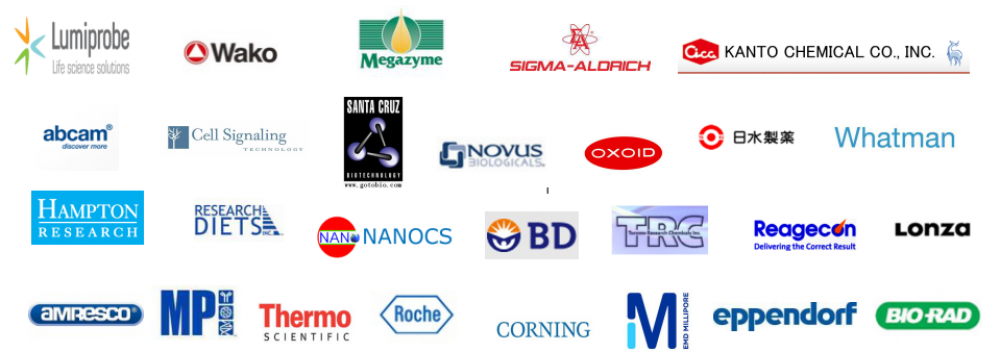Recombinant Human FGF7
货号:923-FG7
规格:1mg
100ug
品牌:OrganRegen
产品介绍
DESCRIPTION
Background:
FGF-7 (fibroblast growth factor-7) is one of 22 known members of the mouse FGF family of secreted proteins that plays a key role in development, morphogenesis, angiogenesis, wound healing, and tumorigenesis[1].FGF-7 promotes cell migration and invasion, and mediates melanocyte transfer to keratinocytes upon UVB radiation[2]. It has been used ectopically to avoid chemotherapy-induced oral mucositis in patients with hematological malignancies. Deletion of FGF-7 affects kidney development, producing abnormally small ureteric buds and fewer nephrons[3] . It also impedes hair follicle differentiation [4]. The 194 amino acid (aa) FGF-7 precursor contains a 31 aa signal sequence and, like all other FGFs, an ~120 aa beta -trefoil scaffold that includes receptor- and heparin-binding sites.
技术参数
Source:
Chinese Hamster Ovary cell line
Protein Construction:
A DNA sequence encoding the amino acids (Cys32-Thr194) of human FGF-7 (Accession Number:
P21781) was expressed.
Synonyms:
HBGF-7; Heparin-binding growth factor 7; keratinocyte growth factor; KGF.
SPECIFICATIONS
Purity:
≥ 95%, by SDS-PAGE visualized with quantitative densitometry by Coomassie® Blue Staining.
Biological Activity:
Measured in CellTiter-Glo 3D Cell Viability Assay using human bronchoalveolar organoids. The ED50 for this effect is 5-10 ng/ml.
Endotoxin Level:
<0.10 EU per 1 μg of the protein by the LAL method
Calculated Molecular Weight:
19 kDa
SDS-PAGE:
22 kDa, reducing conditions
DATA

FORMULATION AND STORAGE
Formulation:
The product is Lyophilized from a 0.22 μm filtered solution in PBS.
Shipping:
The product is shipped on ice. Upon receipt, store it immediately as methods recommended below.
Reconstitution:
Reconstitute in sterile PBS buffer containing 0.1 % BSA to a concentration of 0.1-1.0 mg/mL.
Stability & Storage:
24 months, -20 to -70 °C, under powder state;
12 months, -20 to -70 °C, under sterile conditions after reconstitution;
2 month, 2 to 8 °C under sterile conditions after reconstitution;
avoid repeated freeze-thaw cycles.
References:
1. Finch, P.W. and J.S. Rubin, Keratinocyte growth factor expression and activity in cancer: implications for use in patients with solid tumors. J Natl Cancer Inst, 2006. 98(12)
2. Niu, J., et al., Keratinocyte growth factor/fibroblast growth factor-7-regulated cell migration and invasion through activation of NF-kappaB transcription factors. J Biol Chem, 2007. 282(9)
3. Qiao, J., et al., FGF-7 modulates ureteric bud growth and nephron number in the developing kidney. Development, 1999. 126(3)
4. Guo, L., L. Degenstein, and E. Fuchs, Keratinocyte growth factor is required for hair development but not for wound healing. Genes Dev, 1996. 10(2):
